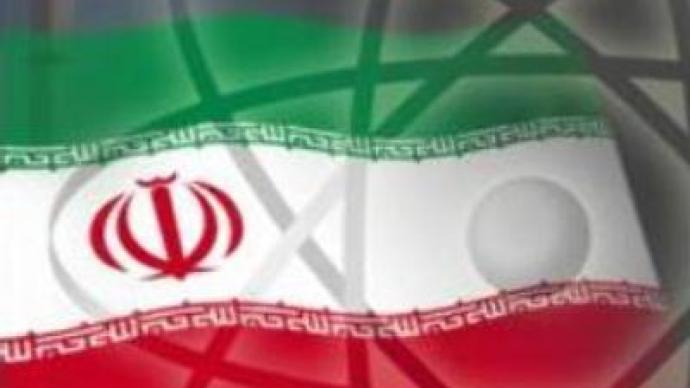Arms and trade restrictions against Iran considered

The five permanent members of the UN Security Council and Germany have been meeting in London to discuss further sanctions against Tehran for its failure to stop enriching uranium.
The talks in London follow the UN nuclear watchdog’s report last week. Instead of suspending its nuclear program Iran was in fact expanding it.Diplomats are now considering tougher measures against Iran than the limited sanctions the UN Security Council imposed on the Islamic state in December. Those sanctions included travel ban for some Iranian officials and a ban on trade in some goods related to weapons or energy industry.According to an unnamed British senior diplomat harsher measures could include cutting off lucrative export credits Iran receives from Europe in support of trade. The U.S. that have imposed its own sanctions on Iranian banks and companies will press the rest of the council to get tougher on Tehran but Russia remains an obstacle.The country secured an exemption from the December sanctions to allow it to continue building Iran’s Bushehr nuclear plant.Along with Russia, China also opposes harsher measures. There are concerns that the U.S. might act alone against Tehran after several aircraft carriers were sent to the Gulf with supporting warships.And some experts warn against using military deterrent against Tehran. “The sanctions that have been agreed on up to now have been relatively minor and indeed – as has been predicted by many organisations, including our own – have had virtually no zero upon the Iranian government,” said Paul Ingram, Senior Analyst of British American Security Information Council (BASIC). “Military action will simply speed up the Iranian desire for nuclear weapons and will enable them to apply much more of their resources into their nuclear weapon programme which currently doesn’t even exist.” There have been suggestions of letting Iran continue its nuclear research within certain limits. “If we, in contrast, meet the Iranians and provide some of resolution that will enable them to save some bottom line, enable them to enrich in some limited way,” added Mr Ingram, “then we would enable Iran to have a nuclear power programme…. but at the same time give the international community some form of security that it will not be used as nuclear weapon.”The U.S. Vice President, Dick Cheney, said last week that all options including military action remain on the table. That comment concerns Russia's Foreign Minister, Sergey Lavrov. “Speculation over possible strikes on Iran have become more frequent, which is concerning. In particular, the U.S. Vice President admitted this possibility in his recent statements. We’ll do everything to find a negotiation-based solution,” Sergey Lavrov stated.The head of the IAEA, Mohamad Elbaradei, and the UN Secretary General, Ban Ki-Moon, have made it clear the door to negotiations remain open for Iran. But the U.S. and some of its allies insist Iran must suspend its enrichment before entering any negotiations, a condition Tehran rejects declaring that it will move forward with its nuclear program.Meanwhile, a former Head of the UN Monitoring, Verification and Inspection Commission, Hans Blix, says the U.S., Europe and the UN Security Council are humiliating Iran by demanding it to suspend its nuclear work before any negotiations. Hans Blix also criticised the package of incentives offered to Tehran in exchange for compliance for not providing Iran with any security guarantees or diplomatic recognition from the U.S. Late on Monday the Foreign Office confirmed that all the sides remained committed to seeking a negotiated solution. So the results of the first round of discussions might become public some time soon.The British Foreign Office said the meeting was a productive first step although no decisions were taken and that discussions will continue.
You can share this story on social media:












